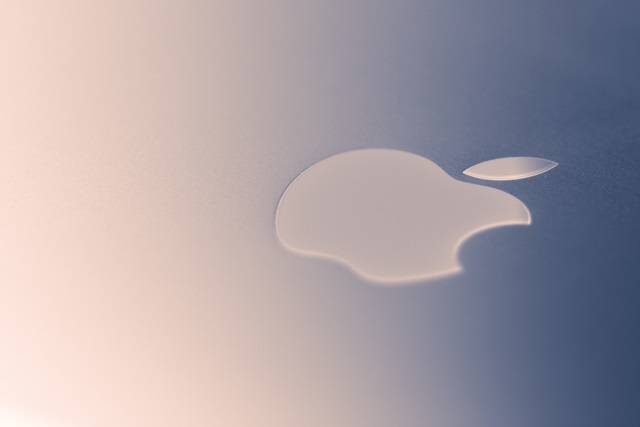
Apple encourages the switch to 64-bit with 'not optimized for Mac' message
Today Apple started its push of 64-bit apps. The company's desire to banish 32-bit software and move everyone to modern, 64-bit versions is no secret and now it is starting the process of encouraging people to make the switch.
With macOS High Sierra 10.13.4, messages will start to appear when 32-bit apps are run. They say "[app name] is not optimized for Mac" and they only appear once so as not to be a pest, but it's a gentle nudge for users and developers alike that the future for Apple is very much going to be based on 64-bits.

macOS High Sierra lets you unlock App Store preferences with any password
Most of the security vulnerabilities we write about are hard to exploit by the average computer user. I consider myself fairly experienced but, honestly, without a step by step guide I would not be able to "hack" a program or operating system even with the full bug report in front of me. And even then I probably would not know what to do to get any meaningful data from it anyway.
But some security vulnerabilities are so easy to exploit that anyone can do it. Unlocking the App Store menu in System Preferences on macOS High Sierra 10.13 is one of them.
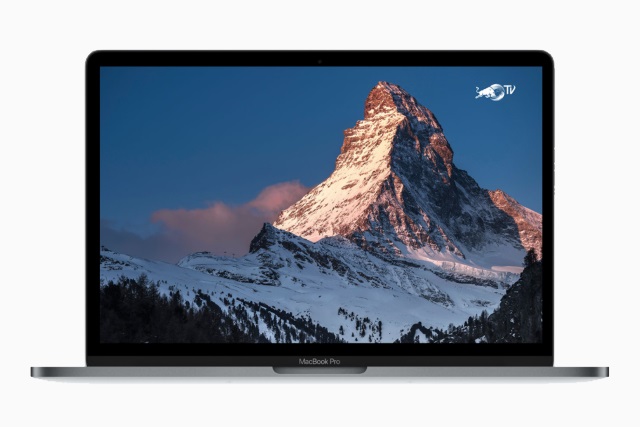
Apple SNAFU means updating to macOS 10.13.1 could reactivate root access bug
A few days ago, a serious security flaw with macOS High Sierra came to light. It was discovered that it was possible to log into the "root" account without entering a password, and -- although the company seemed to have been alerted to the issue a couple of weeks back -- praise was heaped on Apple for pushing a fix out of the door quickly.
But calm those celebrations. It now transpires that the bug fix has a bug of its own. Upgrade to macOS 10.13.1 and you could well find that the patch is undone. Slow hand clap.
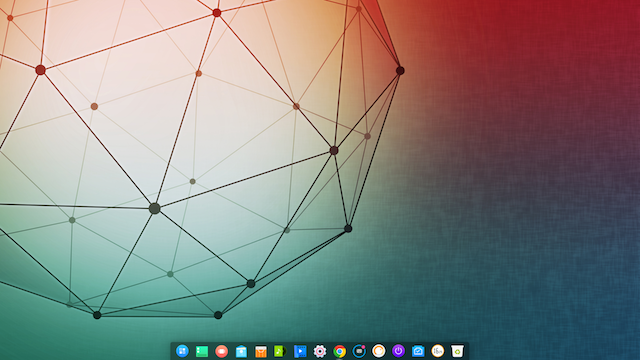
Want to switch from Apple macOS to Linux because of the 'root' security bug? Give deepin 15.5 a try!
Apple's macOS is a great operating system. Not only is it stable and beautifully designed, but it is very secure too. Well, usually it is. Unless you live under a rock, you definitely heard about the macOS High Sierra security bug that made the news over the last couple of days. In case you somehow are unaware, the bug essentially made it so anyone could log into any Mac running the latest version of the operating system.
Luckily, Apple has already patched the bug, and some people -- like me -- have forgiven the company. Understandably, not everyone will be as forgiving as me. Undoubtedly, there are Mac users that are ready to jump ship as a result of the embarrassing bug. While that is probably an overreaction, if you are set on trying an alternative operating system, you should not go with Windows 10. Instead, you should embrace Linux. In fact, rather serendipitously, a Linux distribution with a UI reminiscent of macOS gets a new version today. Called "deepin," version 15.5 of the distro is now ready to download.

Apple expeditiously patches embarrassing macOS High Sierra security bug, thereby regaining my trust
I am not a rich man. With that said, when I bought my first-ever Mac computer last year -- a 2016 MacBook Pro with Touch Bar -- parting with that much cash was a very big deal for me. I spent more on this laptop than my first car! Why did I buy it? After being impressed by iOS and liking the way the two operating systems worked together, I decided to use Mac OS X (now macOS) in addition to my favorite Linux distributions. To be honest, I feel more safe on Apple's desktop operating system than on Windows 10. I also like how Tim Cook and company stand up for privacy. In other words, I trusted Apple.
And then yesterday happened. It was revealed that macOS High Sierra had one of the worst security bugs ever. By entering "root" as the username, followed by a blank password, anybody could access any Mac running macOS 10.13.1. As soon as I read about this embarrassing vulnerability, my heart sank. I gave Apple thousands of my hard earned dollars because I valued security and privacy, and I was rewarded with incompetence. Well, I am happy to say that my head is much cooler today, and Apple has regained my trust. Why? Because the company has already patched the bug.
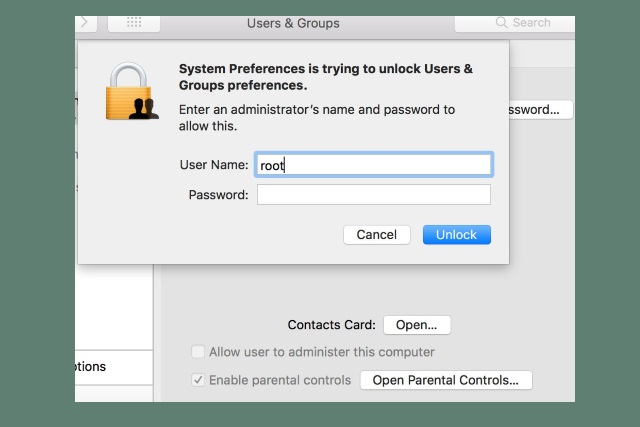
Security: macOS High Sierra bug lets you log in as 'root'... without a password
If you thought that you needed a password to access a password-protected Mac, think again. A massive security hole has been discovered in macOS High Sierra that makes it possible to log in with admin rights without the need to provide a password.
The problem appears to be specific to High Sierra, and the ease with which it is possible to gain unfettered access to a system has many people -- understandably -- concerned.

Apple makes macOS High Sierra 10.13 safe again with emergency 'Supplemental Update'
Since macOS is a Unix-based operating system, it is often seen as being stable and secure. For the most part, the OS is. With that said, it is not perfect, and certainly not infallible. Quite frankly, no operating system is impervious to security issues.
Unfortunately for Apple, its latest and greatest desktop operating system, macOS High Sierra 10.13, has some very serious flaws. First, it was discovered that the supposedly secure keychain password system could be easily infiltrated by malware. Arguably worse, it was then discovered that encrypted APFS disks had their passwords erroneously saved in plain text in the "hint" field. Yeah, that is not only bad, but embarrassing too. Both of these issues were patched today, however, with the emergency "Supplemental Update."
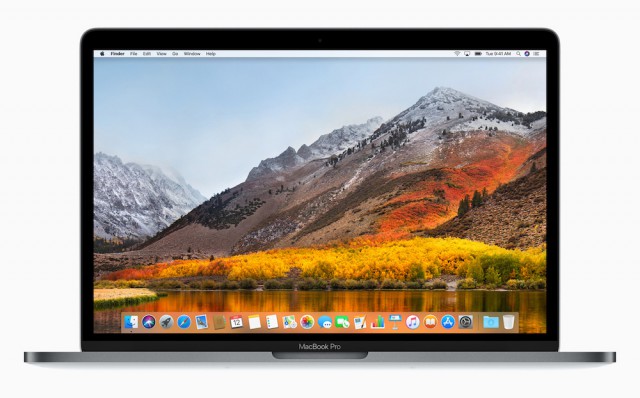
How to create a bootable macOS 10.13 High Sierra USB drive
There are times when you may not want to use the App Store or the recovery mode to install macOS 10.13 High Sierra on your Mac. So Apple gives you the option of creating a bootable USB drive. You can use it anytime and anywhere to quickly get the operating system running on any compatible Mac. An Internet connection is not even required as everything you need is already on the drive.
Creating a bootable macOS 10.13 High Sierra USB drive is very easy. All you need is a Mac, as the tools provided for the process are only available on OS X and macOS, and a USB drive with a capacity of 8GB or more. I will also explain how to use a dedicated third-party tool, in case you decide that this option suits you better.
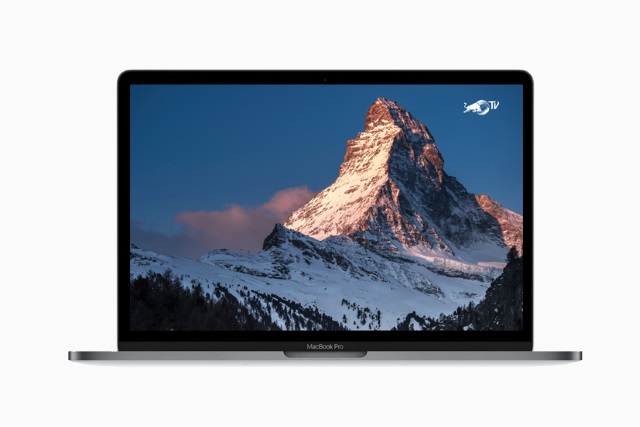
macOS High Sierra launch blighted by password-stealing keychain 0-day vulnerability
Apple has only just released macOS High Sierra, but before the update was even out of the door, a 0-day vulnerability had been discovered. A flaw in the Mac keychain makes it possible for malicious applications to steal the contents of the keychain, including plaintext passwords. It affects not only High Sierra, but also older version of macOS.
The way keychain works means that it should not be possible for the keychain to be accessed without providing the master password, but the vulnerability bypasses this requirement. The problem was discovered and demonstrated by security researcher Patrick Wardle from Synack, who is also a former NSA hacker.
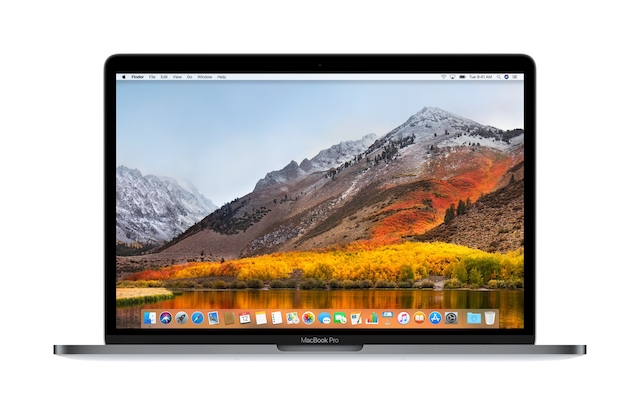
Apple releases macOS 10.13 High Sierra, and it is gloriously boring
Today, Apple releases macOS 10.13 High Sierra to the public after a series of beta releases. It has some cool new aspects, but for the most part, its is a very boring release. Don't get me wrong, the new APFS file system and the ability to use an eGPU, for instance, are both very big deals, but let's be honest -- the average user probably won't care.
Overall, the apparent differences are few and far between -- mostly in applications such as Safari and Photos -- and you know what? That is a good thing. The fact that High Sierra is largely uneventful for end users just shows how mature and refined Apple's Unix-like operating system is. Heck, this is probably why the operating system barely got a new name, only going from Sierra to High Sierra.
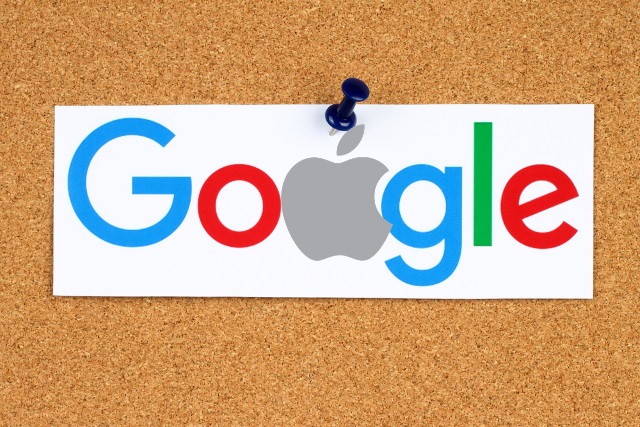
iOS Siri and Search, and macOS Spotlight, are now powered by Google
Apple is switching from Microsoft Bing to Google search to power Siri and Search in iOS, and Spotlight in macOS. The changeover is taking place right now, and should be complete by the end of the day.
The search switch coincides with the launch of macOS High Sierra, but Mac users will find that Bing will still be used for image searches in both Siri and Spotlight.
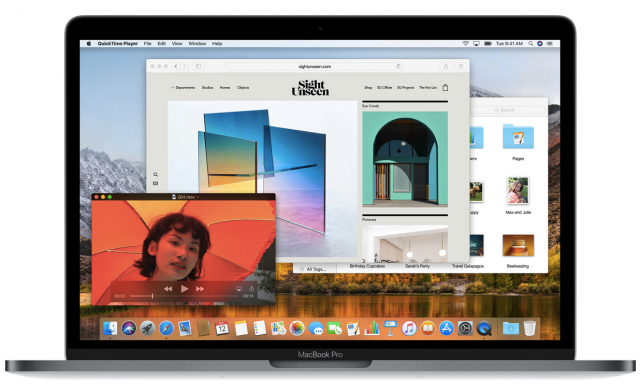
When will Apple release macOS 10.13 High Sierra?
Apple previewed macOS 10.13 High Sierra at WWDC 2017 in June, but it will not officially release the latest version of the Mac operating system until this fall. But, when exactly is it coming?
Apple has updated the macOS 10.13 High Sierra landing page on its website to announce that it will be released on September 25, just two weeks from now.
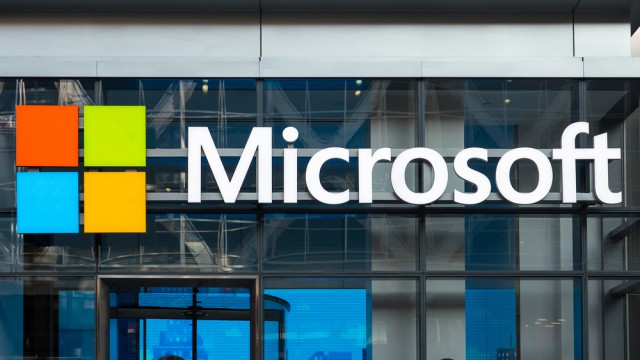
Microsoft releases .NET Core 2.0 -- here's what's new
The .NET Framework transformed with the release of .NET Core last year. From a Windows-only affair, the framework has gone cross-platform. What's more, Microsoft also made it open-source, adding support for macOS, Linux, Android and iOS.
And now it's taking things a step further by rolling out .NET Core 2.0, which comes with some major improvements to make it "easier to use and much more capable as a platform." Let's take a look at what is new.
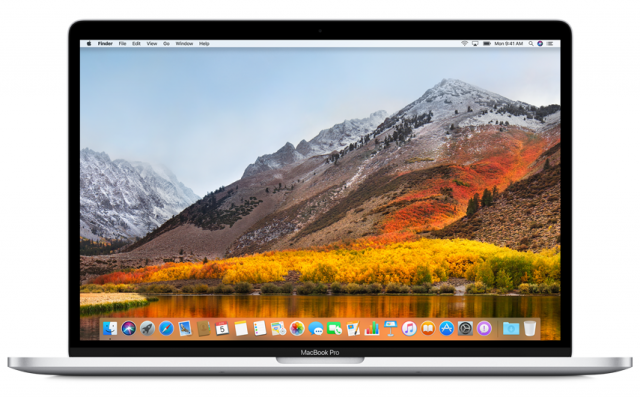
Apple releases first macOS High Sierra public beta
Apple will not officially release macOS High Sierra until later this year, but, in the meantime, Mac users who want to check out the new features early can enroll in the public beta program to install preview builds of the new operating system.
The first public beta build lands today, coinciding with the release of a revised second beta for developers. Apple typically gives developers the option to sample a new Mac operating system early, so that casual testers can enjoy a more stable experience.

Apple pushing macOS devs to release 64-bit apps
Apple has long made it clear that support for 32-bit apps will be phased out eventually. On the iPhone and iPad side, the final nail in the coffin comes with iOS 11. However, macOS developers have a bit more time left to prepare for a 64-bit only future.
Starting next year, Apple will no longer accept 32-bit macOS apps in the App Store, which means that any new titles must be 64-bit from January onwards. However, for existing apps and their upcoming updates there is a different deadline.
